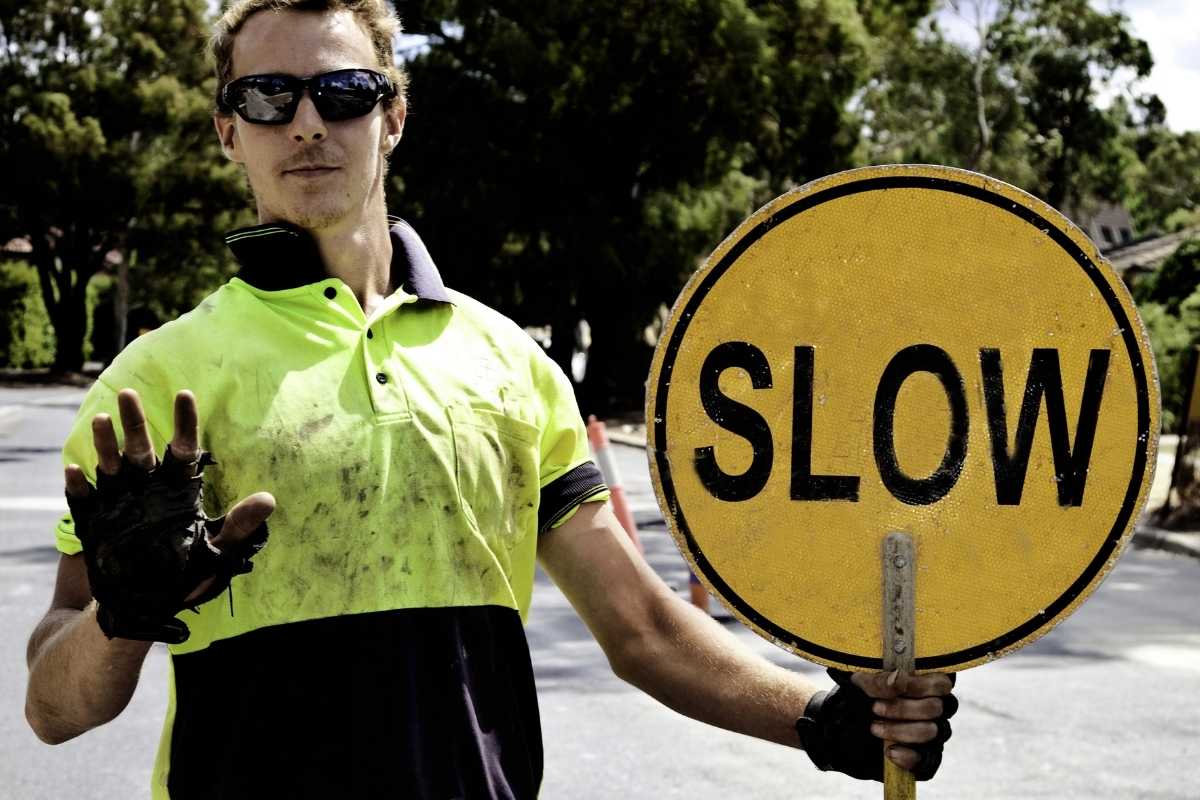As workers we must take training seriously because our lives depend on it. Anyone who has worked in any industry long enough can give you several instances where they almost didn’t make it home. What we do not identify often, at least not as frequently as we should, is that the most common reason they did make it home was experience and training.
In training, we forget that the skills we practice and train on are normally routine. There will be that one day where the training you had was the difference between making it home or not. Many workers attribute their survival to luck and determination to survive. We often don’t mention or think about our past training or even past experiences. We are just glad to be safe.
If you would like to know more or would like our assistance in the areas mentioned check us out at www.intrinsicsafety.com.au. Alternately, call us on 1300 990 336 or email us at [email protected]



